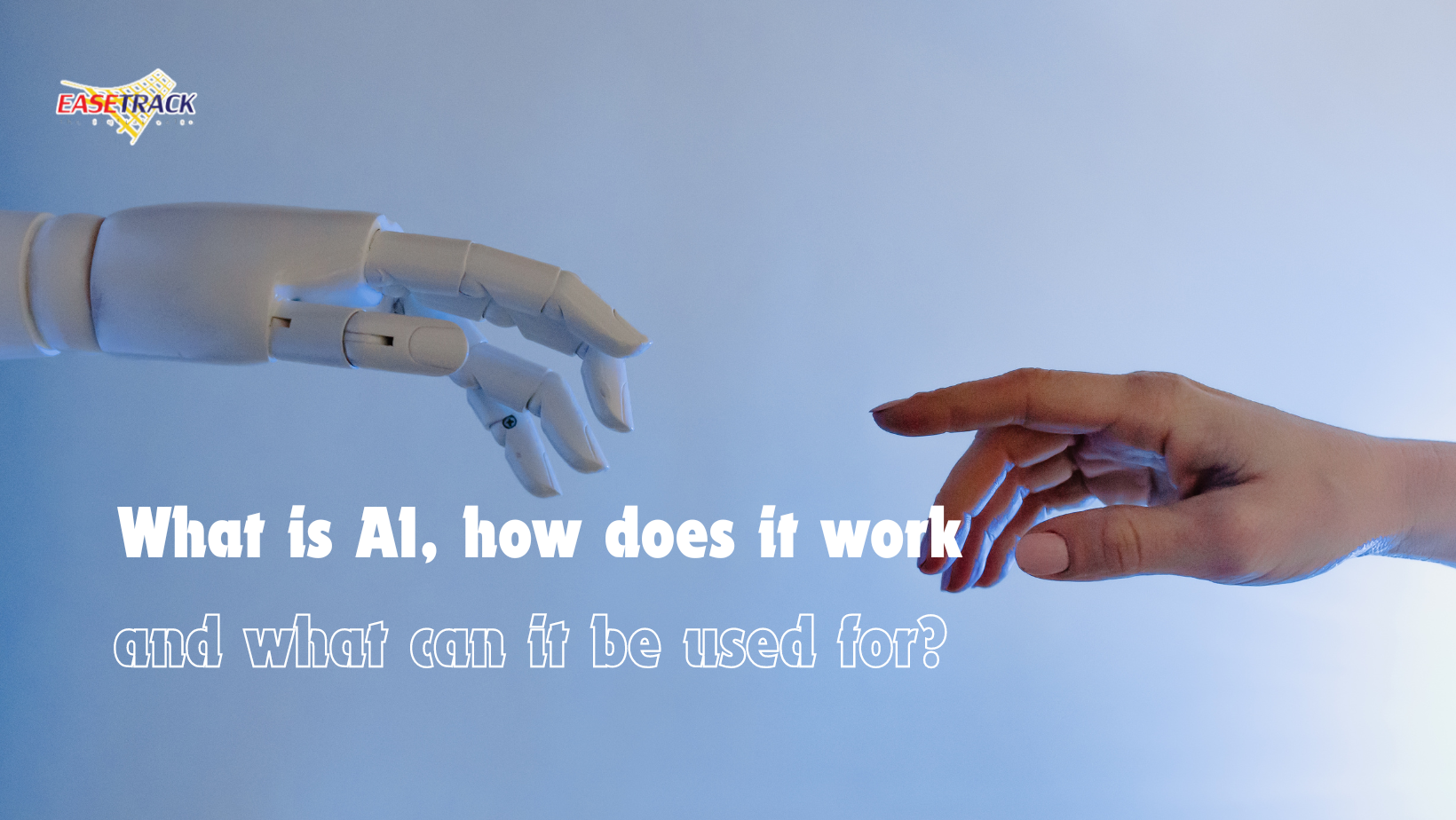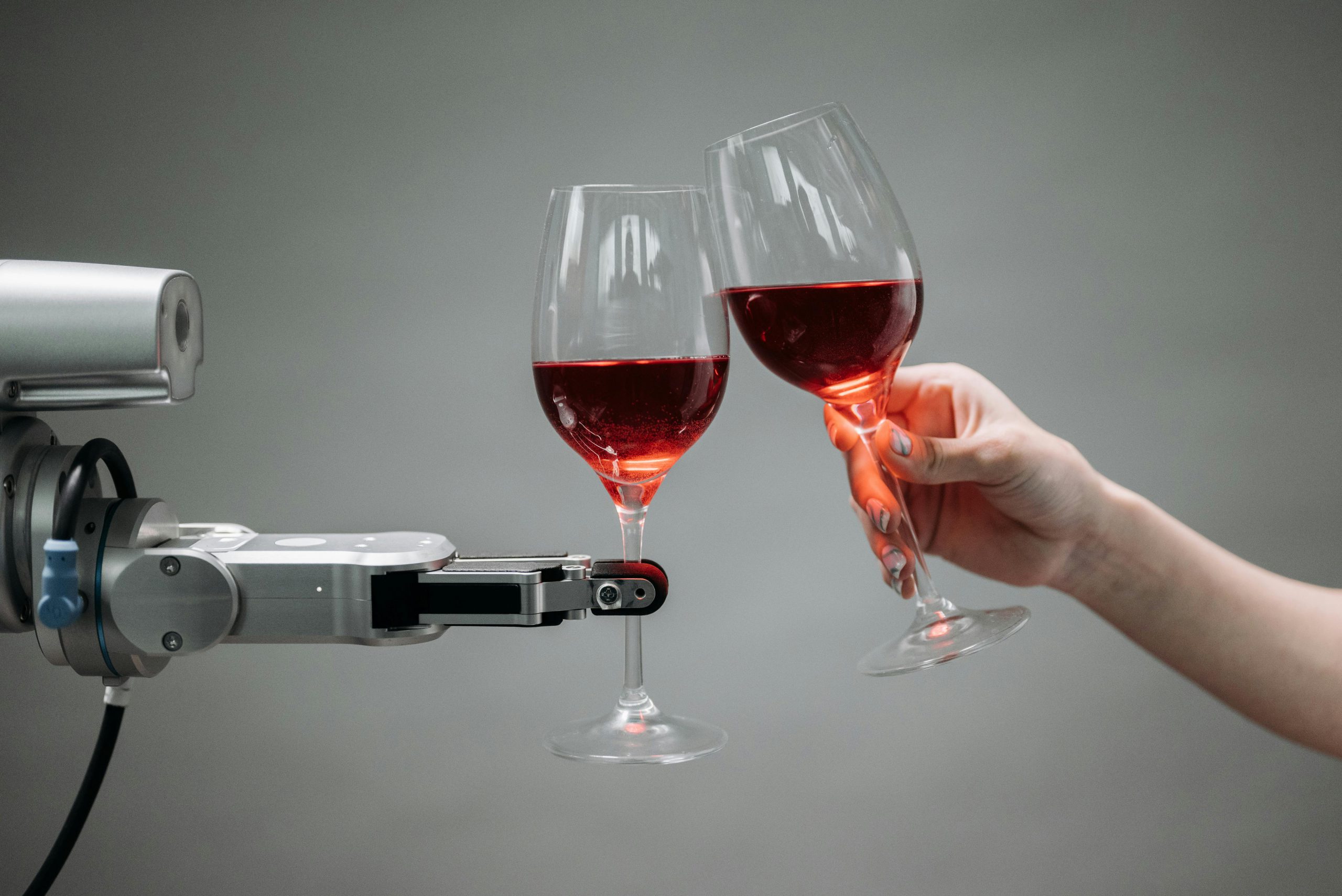
Artificial Intelligence (AI) technology is rapidly advancing and changing many aspects of modern life. It seems like there are new announcements almost every day, with major companies such as Meta, Google, and OpenAI, the creators of ChatGPT, competing for market dominance. However, some experts are concerned that AI may be used in ways that are not beneficial.
What is AI and how dose is work?
AI enables computers to learn and solve problems almost like humans. AI systems are trained with vast amounts of data and learn to recognize patterns within that data to perform various tasks such as human-like conversations or predicting products that online shoppers might buy.
This technology forms the foundation of virtual assistants controlled by voice, such as Siri and Alexa, and helps platforms like Facebook and what used to be known as Twitter make decisions about which social media posts to show users.
AI assists Amazon in analyzing customer buying behavior to suggest future purchases, and companies also use this technology to combat fake reviews.
AI programs such as ChatGPT and Midjourney are examples of what is called ‘generative’ AI.
These programs learn from vast amounts of data, such as online text and images, to generate new content similar to human-created ones.
Some programs, known as chatbots – like ChatGPT – can engage in text conversations.
Other AI programs like Midjourney can create images from simple text commands.
Generative AI can even produce videos and even compose music in the style of famous musicians.
However, these programs may sometimes generate incorrect responses and images, and can perpetuate existing abnormalities in the material they use, such as gender or racial bias.
Artists, writers, and performers are cautioned that such AI may enable others to use and mimic their work without compensation.
Recent vocal advocates include Billie Eilish and Nicki Minaj, who are part of the 200 artists demanding the “scary” use of AI in the music industry to be halted.

Why do critics fear AI could be dangerous?
Many experts have been surprised by the rapid development of AI and fear its potential dangers. Some have suggested that the study of AI should be halted.
In 2023, the UK government released a report suggesting that AI could aid hackers in cyber-attacks or assist terrorist groups in planning chemical warfare.
There are concerns that in the future, superintelligent AI could lead to the extinction of humanity. In May, the US AI Security Center warned about this risk, supported by leading technology experts.
Such concerns are shared by two-thirds of scientists considered the “fathers” of AI, including Geoffrey Hinton and Yoshua Bengio.
However, others like Yann LeCun reject the idea that superintelligent AI could conquer the world as “quite silly.”
Margrethe Vestager, Europe’s tech leader, has told the BBC that the image of AI increasing the spread of misinformation or fear of future AI is less worrying than AI decisions impacting human lives, such as loan applications.
In March, a Black Uber Eats driver received compensation after being racially profiled upon app registration and eventually having his account deleted.
Others also question AI’s environmental impact. An AI system’s energy consumption: By 2027, one researcher proposed that overall they could consume as much energy as small countries like the Netherlands.

What rules govern AI?
The United States and the United Kingdom have entered into a historic agreement to jointly test the security of advanced AI models, marking the first-ever international treaty of its kind.
President Joe Biden also announced measures to address various issues that AI may pose.
Previously, the UK government had rejected the establishment of a specific AI oversight body. However, Prime Minister Rishi Sunak wants the UK to lead in AI security and hosted the first-ever summit on AI security in 2023.
Twenty-eight countries participated in this meeting—including the UK, the United States, the European Union, and China—certifying their commitment to the future of AI.
This acknowledges the risks that advanced AI models may be used improperly—such as misinformation dissemination—but states they can also be a force for good.
The signatories agreed to work together to make AI trustworthy and secure.
What actions will help us avoid the AI nightmare?
A report by investment bank Goldman Sachs suggested that AI could replace the equivalent of 300 million full-time jobs across the globe.
It concluded many administrative, legal, architecture, and management roles could be affected.
But it also said AI could boost the global economy by 7%.
And the Institute of Public Policy Research (IPPR) estimates that up to eight million workers in the UK could be at risk of losing their jobs as the tech develops.
But the tech has also been used to support workers, such as by helping doctors spot breast cancers, and developing new antibiotics.
Source: bbc
